What is depression?
Depression is a common, serious mental disorder characterized by low mood, sadness, and loss of interest in activities. It causes significant impairment in your quality of life and is not a temporary issue. Illness negatively affects the way you feel and act. It can also lead to several emotional as well as physical issues and lower your ability to function professionally and in your day-to-day lives.
How do you know if you're suffering from depression?
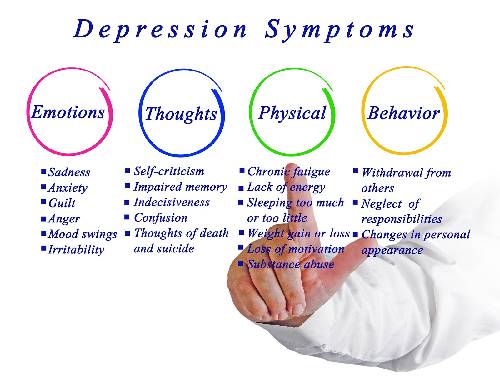
The symptoms of depression are:
- Being Sad
- Having a depressed mood
- Loss of interest in activities you usually enjoy
- Change in appetite- either weight loss or weight gain
- Trouble sleeping or sleeping more than usual
- Increased fatigue or having very little energy
- Slowed physical movements and speech
- Feeling guilty or worthless
- Difficult making decisions
- Difficulty in focusing and thinking
- Getting suicidal or having thoughts of death
How is depression diagnosed?
When you have been experiencing the above-mentioned symptoms at least for a couple of weeks, your doctor can be in a position to diagnose if it is depression. Although there are specific blood tests and several extensive laboratory tests that can be used to make a conclusive diagnosis, most of them aren't helpful when it comes to diagnosing depression. For making an effective diagnosis, your doctor must hear about specific symptoms of depression.
Your doctor might do a physical examination to rule out other disorders that can lead to depression, such as stroke, cancers, central nervous system tumors, syphilis or multiple sclerosis. You might also be questioned about the medications you've been taking, to see if any of them are causing depression. The doctor might also order tests to find out if you have any conditions like anemia that might cause symptoms of depression.
The standard tests to diagnose depression are to check electrolytes, liver function, toxicology screening, and kidney function tests. Your doctor will then ask questions specific to screen for depression after discussing your mood and the way it affects your life. You might have to face questionnaires and other inventories as a part of the diagnosing procedure. There are depression screening instruments that can measure the presence and severity of your depression symptoms such as the Patient health questionnaire-9, Zung self-rating depression scale, Beck depression inventory, etc. You need to answer them honestly to get an accurate diagnosis and proceed with effective treatment.
What causes depression?
:max_bytes(150000):strip_icc()/1066772-common-causes-of-depression-5ae727a7875db900375789d5.png)
While the exact causes of depression aren't clear, several things can be associated with its development. It usually arises from a combination of recent events and other long-term or personal factors instead of an immediate problem or happening.
Here's a list of possible causes of depression:
- Life events such as unemployment, being in an abusive or unhappy relationship, loneliness, work stress, etc.
- Family history of depression- when it runs in your family, you are more likely to be at a high genetic risk
- Your personality- if it is something that affects your self-esteem and makes you worry about it
- Serious medical conditions that make you deal with chronic pain and long-term management
- Drug & Alcohol use
- Biological changes in neurotransmitter levels
- certain prescription drugs like interferons, beta-blockers or corticosteroids
- Past head injuries
Management of Depression: Present Trends
Depression is one of the most treatable mental disorders. Between 80-90% of individuals suffering from depression respond very well to treatment.
:max_bytes(150000):strip_icc()/treatments-for-depression-1065502-b0d9977b90cd4827a9bb1f3fbd047afb.png)
The most recommended treatment for depression are:
- Medication: Your brain chemistry may contribute to your depression and may factor in your treatment. Thereby, antidepressants might be prescribed to help modify your brain chemistry. These medications are neither sedatives nor habit-forming. Generally, antidepressant medications have no stimulating effect on people not experiencing depression. You might experience improvement within a couple of weeks of taking antidepressants. Complete benefits may not be seen until a couple of months. If you experience little or no improvement after several weeks, your psychiatrist can alter the dose of your medication or add or substitute another antidepressant. In some situations, other psychotropic medications might be of help. It is important to let your doctor know if a medication does not work or if you experience side effects. Psychiatrists usually recommend that you continue to take medication for six or longer even after your symptoms have improved. Such longer-term maintenance treatment is suggested to decrease the risk of future episodes for certain people at high risk.
- Selective serotonin reuptake inhibitors (SSRIs)
- Monoamine oxidase inhibitors (MAOIs)
- Tricyclic antidepressants
- Atypical antidepressants
- Selective serotonin and norepinephrine reuptake inhibitors (SNRI)
Each class of antidepressant acts on a different neurotransmitter. The drugs should be continued as prescribed by the doctor, even after symptoms have improved, to prevent relapse.
- Psychotherapy: Psychotherapy, or “talk therapy,” is sometimes used individually to treat mild depression. And for moderate to severe depression, psychotherapy is often used in along with antidepressant medications. Cognitive behavioral therapy (CBT) has been found to be effective in treating depression. CBT is a form of therapy focused on the present and problem-solving. CBT helps you recognize distorted thinking and then change behaviors and thinking. Psychotherapy can be taken individually or as a group such as your family or couples therapy can also help address issues within these close relationships. Group therapy involves people with similar illnesses. Depending on your severity of depression, treatment can take a few weeks or much longer. In many cases, significant improvement can be made within 10 to 15 sessions.
- Electroconvulsive Therapy (ECT) is a medical treatment most commonly recommended if you suffer from severe major depression or bipolar disorder and have not responded to other treatments. It involves a brief electrical stimulation of the brain while you are under anesthesia. A patient typically receives ECT two to three times a week for a total of six to 12 treatments. ECT has been used since the 1940s, and many years of research have led to major improvements. It is usually managed by a team of trained medical professionals including a psychiatrist, an anesthesiologist, and a nurse or physician assistant.
- Food Habits - Turmeric for Depression & Anxiety: There is now an abundance of research suggesting that depression is an inflammatory disease that develops as a result of chronic low-grade inflammation and oxidative stress. Turmeric has a well-documented status as one of the best over the counter anti-inflammatory agents. Also, curcumin’s antioxidant properties can help reduce oxidative stress, a primary cause of depressive disorders.
- Sound Therapy: Sound has been used to heal and calm people for thousands of years. Himalayan singing bowls used in Asia during prayer and meditation are said to have positive effects on one’s health and well-being. Sound Therapy is expected to have positive effects on patients suffering with Depression.
Upcoming trends in Managing Depression
Depression remains a prevalent and somewhat difficult-to-treat disease despite decades of neurobiological research and significant advances in the understanding of its pathophysiology. Current and future research efforts promise to further expand our knowledge of the biological bases for depression and will likely contribute a number of new antidepressant treatments. Prospective treatments include several novel drugs targeting neuromodulatory systems beyond the monoamines and focal brain stimulation techniques which directly target neural networks involved in depression. Over the next several years, it is expected that significant advances will occur in understanding and treatment of depression.
Transcranial magnetic stimulation
Transcranial magnetic stimulation (TMS) uses a current passed through an electromagnetic coil on the scalp to create a brief, rapidly changing magnetic field. This magnetic field experiences little to no impedance from the scalp, skull, and air, and is able to induce a small, focal electrical current within the underlying cortex, resulting in depolarization of cortical neurons. Although single pulse TMS is an established diagnostic and research tool in humans,146 repetitive TMS (rTMS) has been most extensively studied as a possible treatment for depression. By convention, high-frequency or “fast” rTMS refers to stimulation delivered at a rate higher than 1 Hz, and low-frequency or “slow” rTMS refers to stimulation at frequencies of 1 Hz or slower. No anesthesia is needed when giving rTMS
Vagus nerve stimulation
Vagus nerve stimulation (VNS) uses a programmable electrical stimulator to provide intermittent stimulation to a patient's left vagus nerve. VNS was originally FDA-approved for treatment-resistant epilepsy and was recently approved for the adjunctive treatment of a major depressive episode that has not responded to at least four antidepressant medication trials. However, the efficacy data on VNS are mixed. Mood improvements have been reported by epileptic patients receiving VNS, and one open and one double-blind study have shown antidepressant efficacy for VNS in depressed epilepsy patients.
Deep brain stimulation
Deep brain stimulation (DBS) involves a small electrical stimulator implanted into a defined brain location which typically provides chronic stimulation. Bilateral DBS of the subthalamus or globus pallidus is an accepted treatment for refractory Parkinson's disease and can be associated with significant mood changes in depressed patients with Parkinson's disease.
Ketamines:
ketamine- although an FDA-approved anesthetic, is better known for sending club kids into nonresponsive and severely dissociative k-holes. But in recent years, it has earned a reputation as an effective off-label treatment for depression and suicidal thoughts.
Digital Therapeutics:
Video games and other software applications can now be used to treat a variety of medical conditions, rather than simply entertain. Some even require a prescription from a physician. The world of telemedicine and teletherapy is attracting physicians and startups alike. DotCom Therapy, a telehealth company that booked more than $2 million in revenue in 2017, provides speech therapy, occupational therapy, and mental health services.
A groundbreaking advance in translational medicine:
The researchers at UT Southwestern use a drop of blood to measure an inflammatory protein promises a faster, more personalized path to effective treatment for depression. Without a simple, data-based approach to diagnosing depression in the primary care setting, treatment is often delayed. A patient may try multiple therapies before seeing results in a process that can take months, or years. The next step is to conduct larger studies to verify CRP’s role with other antidepressants and find alternative markers where CRP does not prove effective.
Treating Depression With Tai Chi:
Accumulating evidence suggests that Tai Chi, a popular mind-body intervention that originated as a martial art, can significantly regulate emotion and relieve the symptoms of mood disorders. In addition, the availability of instructional videos and the development of more simplified and less structured Tai Chi has made it a promising low-intensity mind-body exercise. A simplified and tailored Tai Chi—or a new intervention that combines Tai Chi and other mind-body exercises to enhance modulation effects on a specific patient population or individual—may represent a direction for further development of modern Tai Chi.
ReferencesSources: https://emedicine.medscape.com/article/286759-overview https://www.webmd.com/depression/guide/depression-diagnosis#1 https://www.ncbi.nlm.nih.gov/pmc/articles/PMC3181768/ https://www.medicalnewstoday.com/kc/depression-causes-symptoms-treatments-8933 https://www.psychiatry.org/patients-families/depression/what-is-depression https://www.psychcongress.com/new-generation-depression-treatment-approaches?page=1 https://www.inc.com/magazine/201902/will-yakowicz/ketamine-depression-treatment-entrepreneurs.html https://www.utsouthwestern.edu/newsroom/articles/year-2018/depression-blood-drop.html https://www.ncbi.nlm.nih.gov/pmc/articles/PMC6474282/






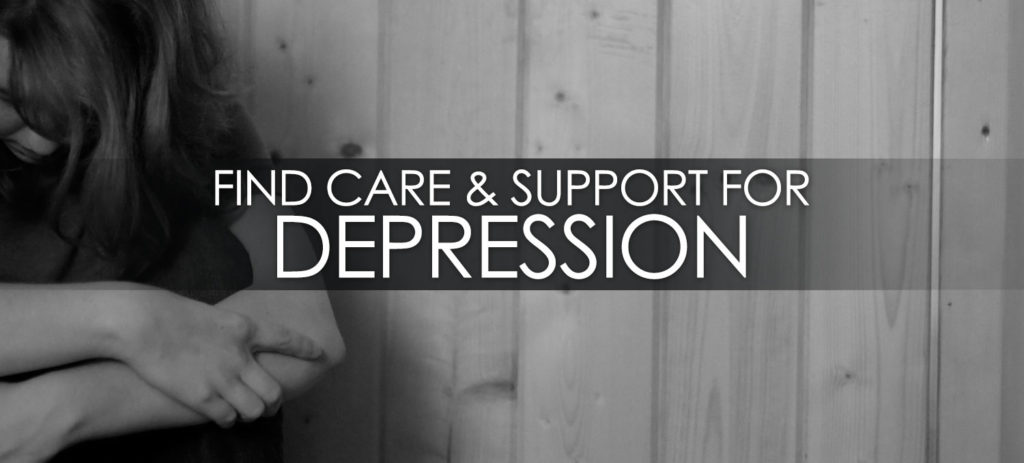

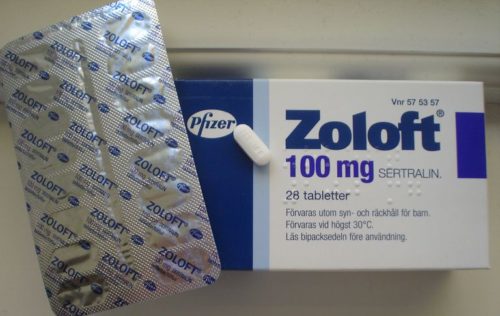
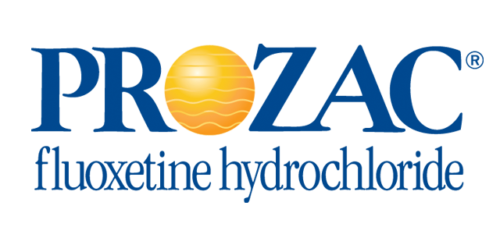
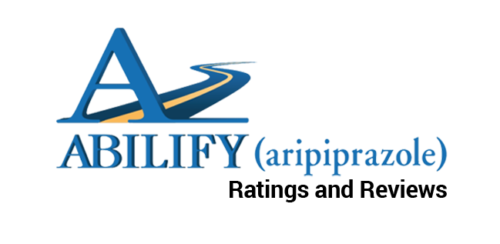


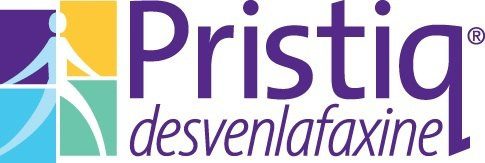
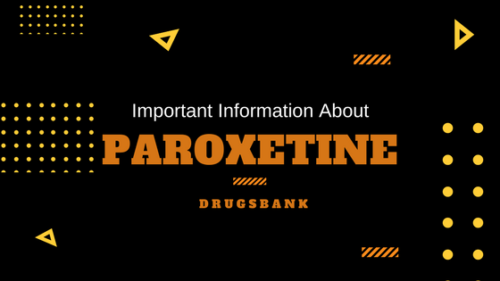
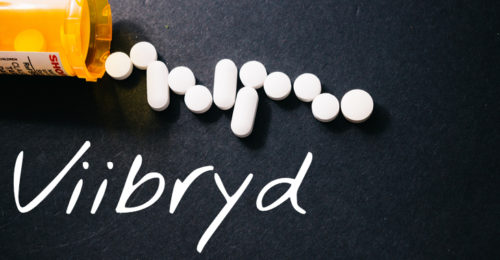
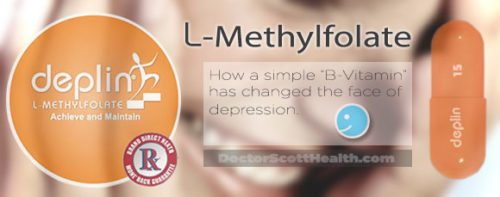


Leave a Reply